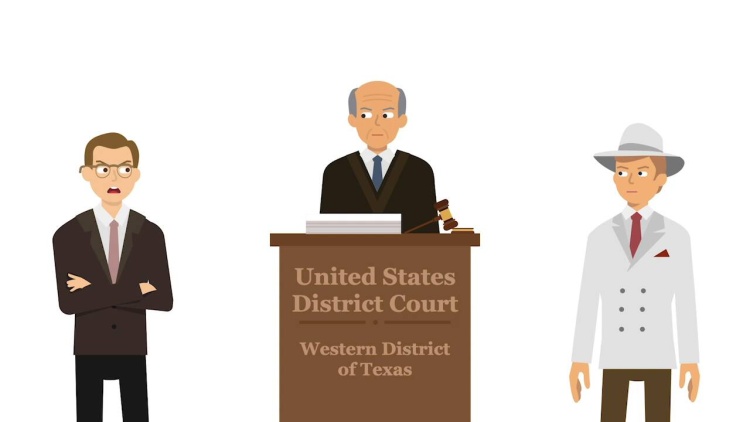Aetna Casualty & Surety Co. v. Cunningham
United States Court of Appeals for the Fifth Circuit
224 F.2d 478 (1955)
- Written by Craig Conway, LLM
Facts
Cunningham (defendant) was hired as a contractor to construct a building. In the event that Cunningham was unable or unwilling to complete the construction, a surety bond from Aetna Casualty & Surety Company (Aetna) (plaintiff) provided funds to Cunningham's employer so the project could be completed. After Cunningham failed to complete the project and proceeds from the surety bond were provided to Cunningham's employer to finish the construction, Aetna filed suit against Cunningham to recover the expended funds. At trial, Aetna presented two theories for recovery. First, it claimed that the terms of the bond allowed recovery from Cunningham. Second, even if the bond did not expressly provide for such recovery, Cunningham had committed fraud in applying for the bond. The district court found for Aetna on the bond claim, awarding Aetna all of its requested damages, but held that Cunningham had not committed fraud. Aetna, concerned that a judgment based only on the bond claim would be dischargable if Cunningham applied for bankruptcy, appealed the denial of the fraud claim to the United States Court of Appeals for the Fifth Circuit.
Rule of Law
Issue
Holding and Reasoning (Rives, J.)
What to do next…
Here's why 907,000 law students have relied on our case briefs:
- Written by law professors and practitioners, not other law students. 47,100 briefs, keyed to 996 casebooks. Top-notch customer support.
- The right amount of information, includes the facts, issues, rule of law, holding and reasoning, and any concurrences and dissents.
- Access in your classes, works on your mobile and tablet. Massive library of related video lessons and high quality multiple-choice questions.
- Easy to use, uniform format for every case brief. Written in plain English, not in legalese. Our briefs summarize and simplify; they don’t just repeat the court’s language.





